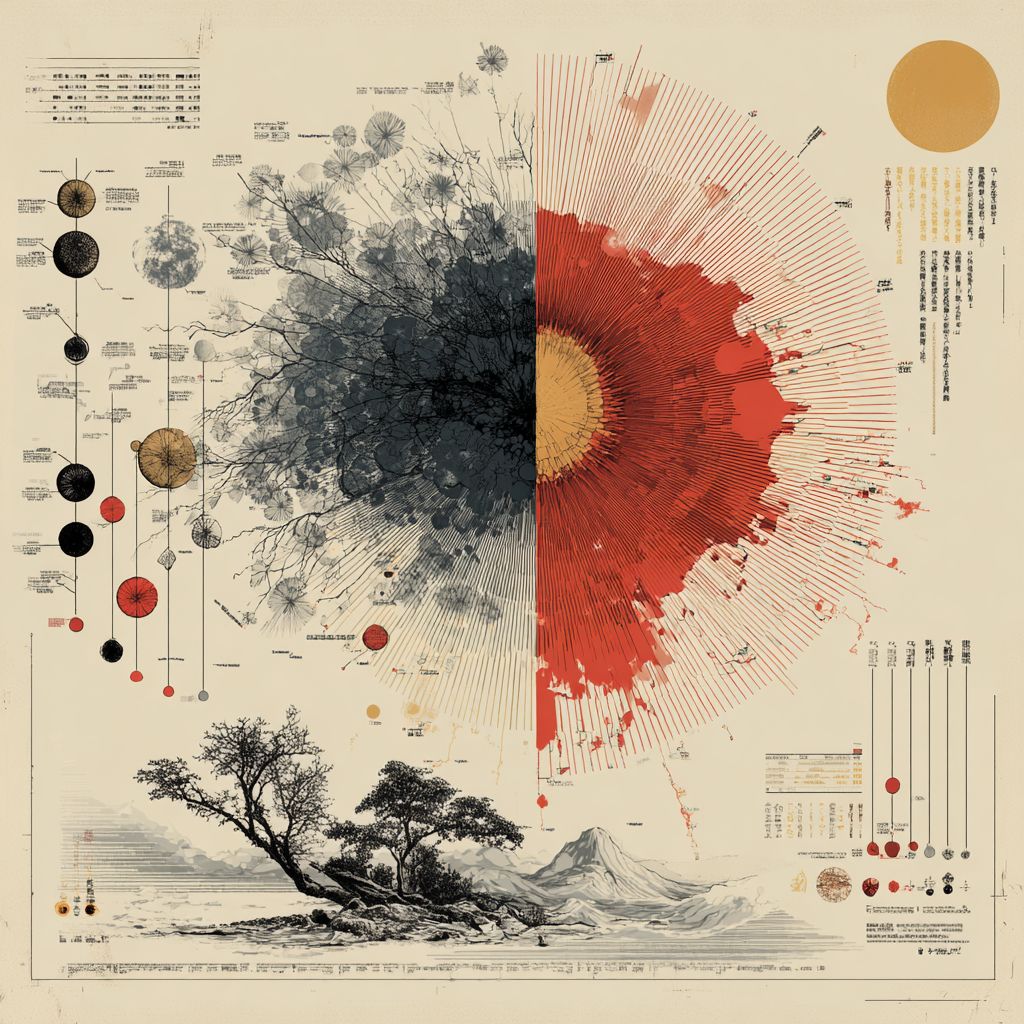Depression affects over 300 million people worldwide, yet conventional treatments help only about 60% of patients achieve remission. Acupuncture and Traditional Chinese Medicine offer hope for those seeking alternatives or complementary approaches to pharmaceutical interventions.
Depression: More Than Just Sadness
Clinical depression encompasses a constellation of symptoms that impact every aspect of life:
- Persistent sadness and hopelessness
- Loss of interest in previously enjoyed activities
- Significant fatigue and low energy
- Concentration difficulties and memory problems
- Sleep disturbances (insomnia or hypersomnia)
- Appetite changes and weight fluctuations
- Physical aches without clear medical cause
Traditional Chinese Medicine understands depression as often involving qi and blood stagnation, kidney yang deficiency, or heart-kidney disconnection, requiring individualized treatment approaches.
Acupuncture’s Neurochemical Impact
Research demonstrates that acupuncture treatments increase serotonin, dopamine, and norepinephrine levels—the same neurotransmitters targeted by antidepressant medications. Additionally, acupuncture:
- Promotes neuroplasticity and brain healing
- Reduces inflammatory cytokines linked to depression
- Regulates the hypothalamic-pituitary-adrenal axis
- Improves cerebral blood flow and oxygenation
- Stimulates the vagus nerve, enhancing mood regulation
A landmark study published in JAMA Psychiatry found that acupuncture was as effective as counseling for treating depression, with 70% of participants showing significant improvement after 12 weeks of treatment.
Traditional Chinese Medicine’s Comprehensive Strategy
Constitutional Assessment: Practitioners evaluate each patient’s unique pattern of disharmony, considering factors like:
- Pulse quality and tongue appearance
- Sleep patterns and energy levels
- Digestive function and appetite
- Emotional triggers and stress responses
Herbal Medicine: Customized formulas address underlying imbalances. Gan Mai Da Zao Tang helps with emotional instability, while Ding Zhi Wan calms the spirit and improves mental clarity.
Lifestyle Medicine: Traditional approaches emphasize regular sleep schedules, gentle exercise like tai chi, and dietary recommendations to support spleen and kidney function.
Integration with Western Approaches
Rather than replacing conventional treatment, traditional medicine often enhances antidepressant effectiveness while reducing side effects. Studies show that patients receiving combined treatment experience:
- Faster onset of mood improvement
- Reduced medication side effects
- Lower relapse rates after treatment completion
- Improved quality of life scores
- Better treatment adherence


